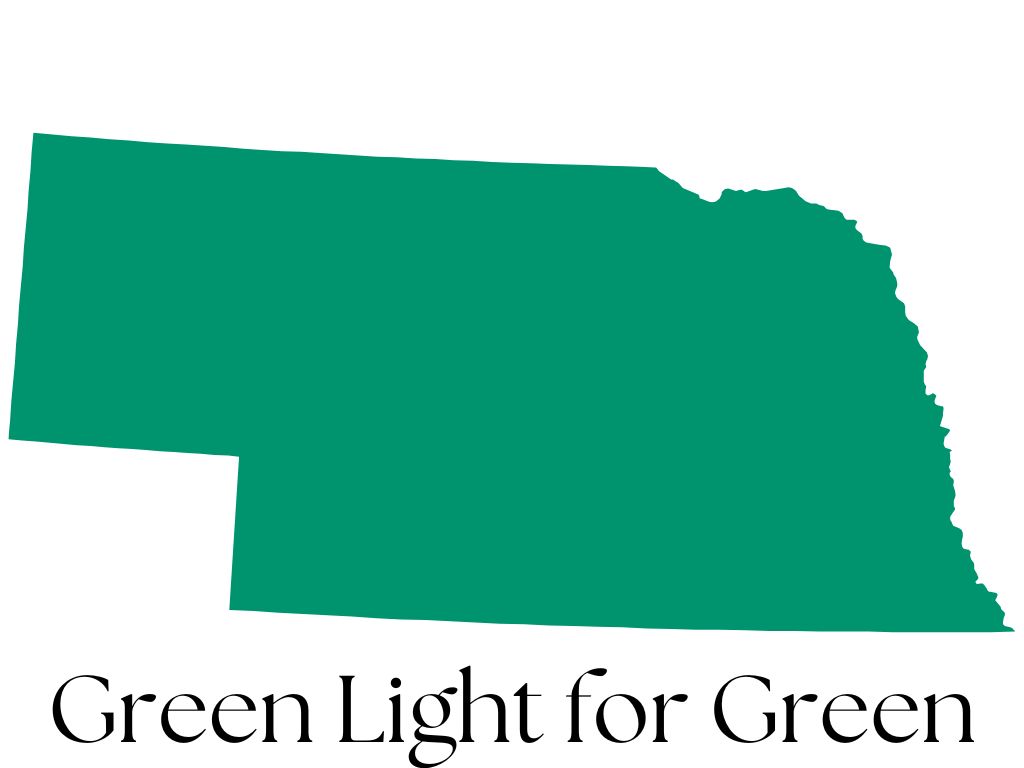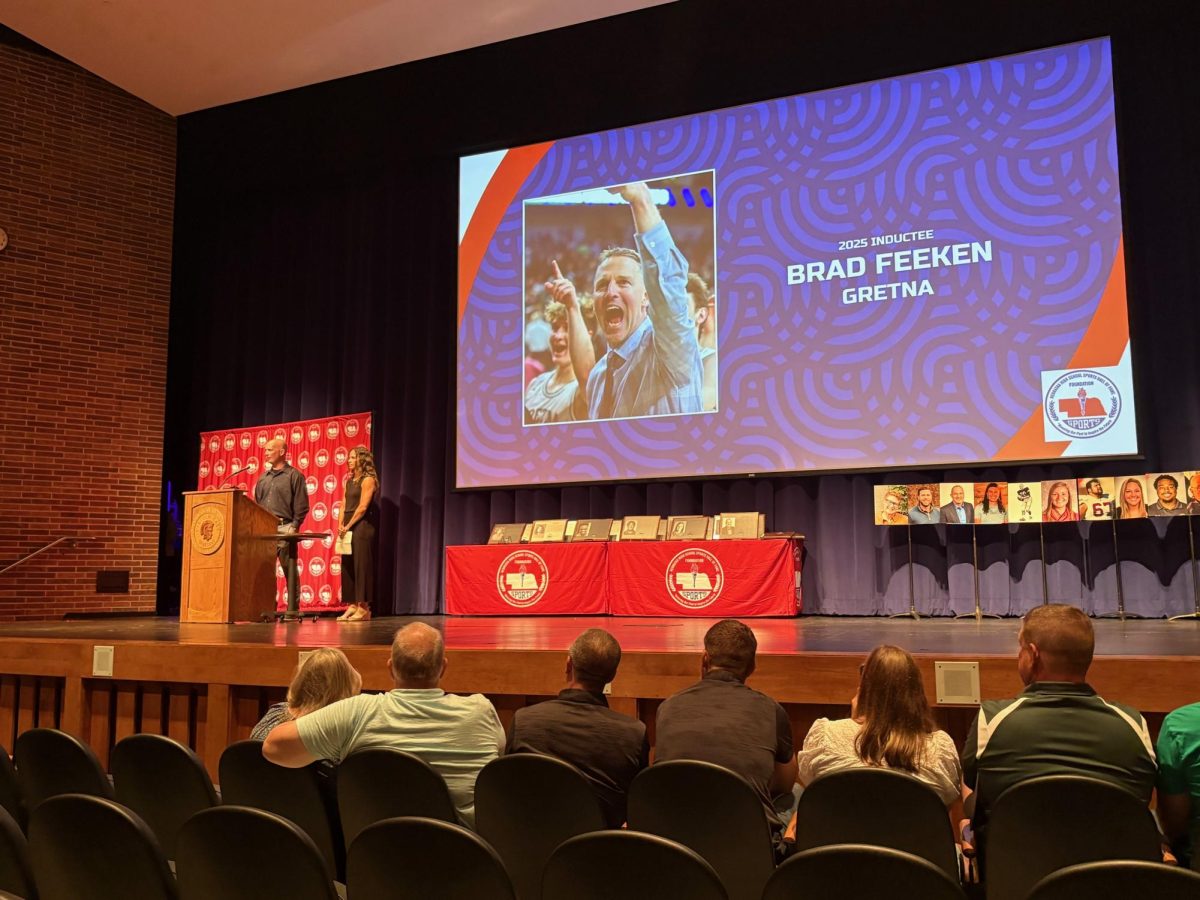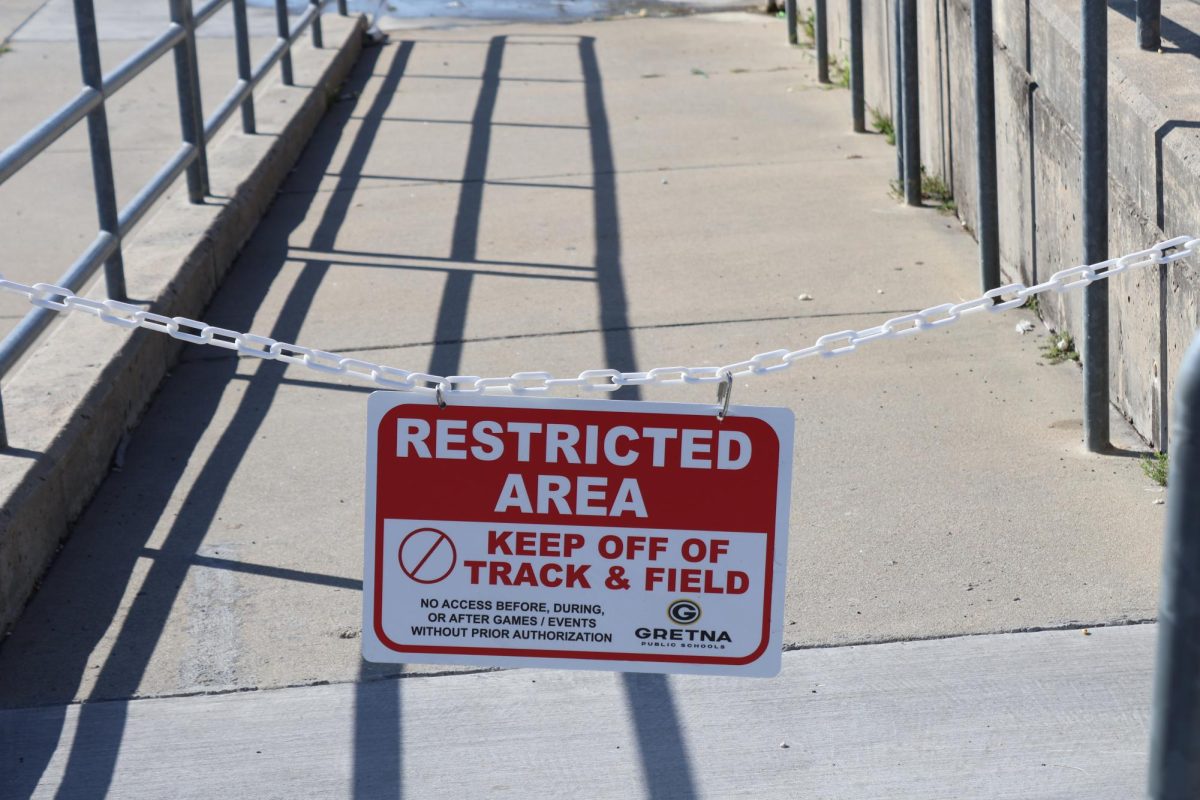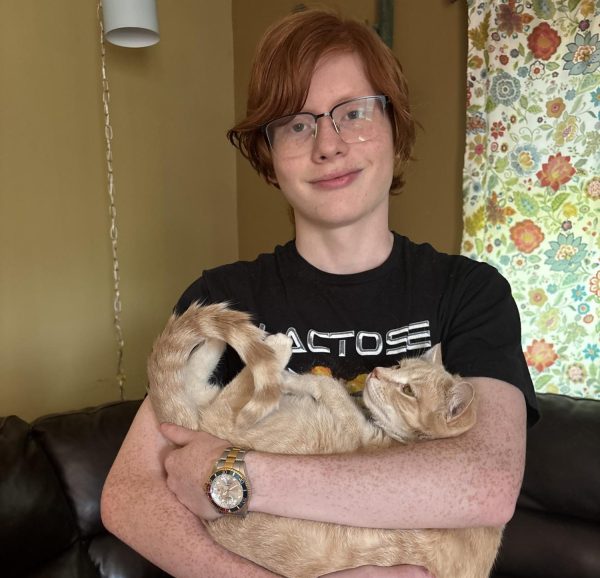Nebraska’s recently passed legislation on the subject of medical marijuana states that, for the first time since 1927, citizens will be able to use cannabis for medicinal purposes if provided with a prescription as long as their local legislator allows it. The legislation includes two statutes; Nebraska voters decided on both, and both were chosen to proceed by over 65% of them.
Nebraska is the 48th state to introduce a legal cannabis program. The new legislation has faced criticism from several parties, including state officials like U.S. Senator Pete Ricketts and Attorney General Mike Hilgers, who attacked the measures because of potential health concerns.
“Marijuana use is associated with increased risk of psychiatric disorders (especially in adolescents), poor cardiovascular health, higher rates of cancer, and increased frequency and severity of motor-vehicle accidents,” Hilgers and Ricketts wrote in their collaborative article published by the Omaha World Herald on March 2. “Not to mention the increase in black market and cartel activity in states that legalize the drug.”
The two also point out that the new regulations do not mean that legislators are required to allow medical cannabis in their region.
“Unlike a constitutional amendment, the marijuana initiatives are statutes,” Hilgers and Ricketts wrote. “As statutes, they cannot legally create an obligation on the Legislature to act.”
The medical marijuana acts are not just criticized, however. Garrett Connely, former campaign coordinator and current associate of “Nebraskans for Medical Marijuana” (NMM), is happy about the changes because of how they’ll affect the lives of those in need.
“I’ve heard cases where there’ll be kids that have seizures regularly that marijuana helps regulate or terminally ill people in their final days, and they aren’t allowed to get the help they need,” Connely said. “It really opened my eyes to how, like, helpful legalization could be.”
Conelly is critical of Hilgers and Ricketts’ initiative that marijuana is inherently harmful.
“[Hilgers and Ricketts] are pushing this idea that, like, regulated marijuana is scientifically proven to be cancerous and damage brain cells,” Connely said. “It just isn’t true. It has been proven to be untrue, and it just makes me feel, like, unsafe that these actual state officials are lying, or at least not telling the full truth.”
Connely also points out that passing the marijuana laws was the decision of the Nebraska people.
“The very same people who voted Ricketts and Hilgers in are the ones who voted for these laws,” Connely said. “It’s an insult to these voters that their elected officials are opposing their elected rights.”
The distinction between medical and recreational marijuana is important to NMM’s mission.
“It’s important that we understand that we’re talking strictly about medicinal cannabis here,” Connely said. “Recreational is a different issue entirely.”
Gretna High School’s resource officer, Deputy Lance Shickert, has dealt with illegal possession of marijuana firsthand while on the job. He said he doesn’t directly oppose the legalization of medical marijuana but makes the same distinction.
“When it comes to situations where the harmful parts are removed, and it only has the positive effects like increased appetite and such, that’s perfectly fine,” Shickert said.
Shickert also said he doesn’t think the legalization of medicinal cannabis will cause more problems than there have been.
“The people who need [marijuana] will get it either way,” Shickert said. “Whether it’s legal or not, it’s still available to whoever wants it. You can get it pretty much anywhere these days.”









